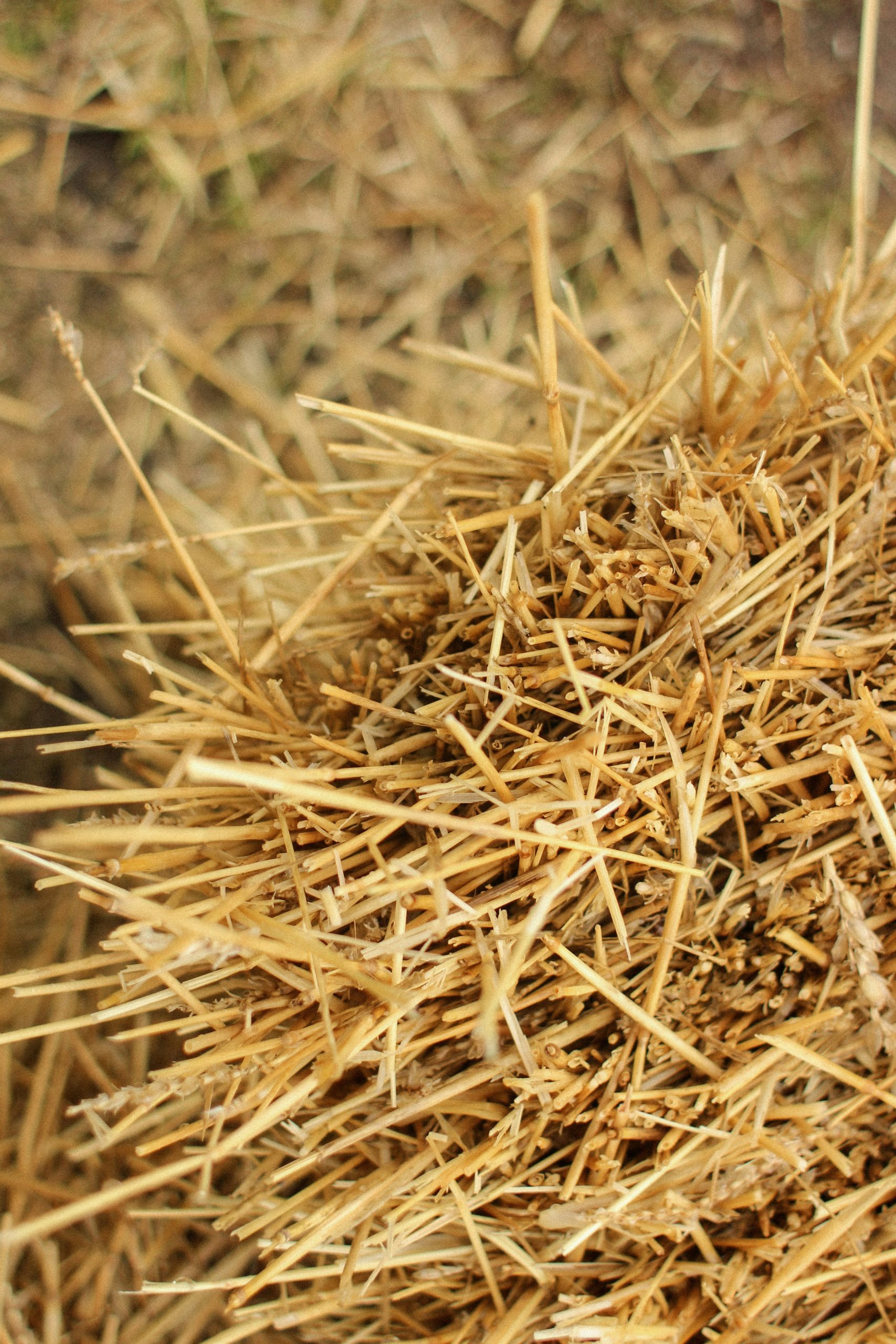Hay Hacks & Keeping Small Pets Happy
Hay should form the basis of a small pet’s diet (approximately 80 to 90%), offering essential nutrients and aiding in digestion and dental health.
However, for pet owners, it can often be a struggle with selecting the right hay and knowing which hay is most suitable for your small pet due to the different types, nutritionally what they offer to your small pet and a lack of knowledge.
Choosing high-quality hay is top of the list when it comes to the health and happiness of small pets like rabbits, guinea pigs, chinchillas and degus.
Therefore, understanding the different types of hay and how to effectively incorporate them into your pet’s diet can make a significant difference.
HayDay for example, is a reliable forage source, known for its commitment to premium quality – all year round – and freshness, which can help alleviate some of these challenges.
What Are The Main Hay Types?
Across the world, there are many names and types of hay, but here in the UK, luckily, there are only about 5 that are actually worth discussing for small pets.
Each of the different types of hay available has unique benefits and fits into some scenarios better than others, such as growing bunnies or guinea pigs.
Here are the main types suitable for different small pets in order of popularity as a consensus in the UK.
Timothy Hay
The most popular choice of hay for small pets as it’s high in fibre and protein – making it ideal for rabbits, guinea pigs and chinchillas. Its nutritional qualities help to support digestive and gut health and keeps teeth worn down naturally.
Meadow Hay
Meadow Hay is typically a mix of various grasses, providing a diverse range of nutrients and flavours. This variety of grass closely mimics the natural diet of small pets (as it would be in the wild) and keeps even the fussiest eaters engaged due to its different textures and tastes.
Ryegrass Hay
A great option for picky eaters, Ryegrass Hay is great for enrichment and additional nutrition.Its coarse stems, alongside its natural sweetness, supports digestive health and dental hygiene – making it suitable for rabbits, guinea pigs, and chinchillas.
Alfalfa Hay
Due to its high protein and calcium content, Alfalfa Hay is most suited for young(up to 6 months), growing, or pregnant small animals – as well as those that are ill. Adult pets can be fed Alfalfa Hay, in moderation, and alongside other varieties of hay (such as Timothy Hay or Meadow Hay).
Orchard Hay
A softer alternative to Timothy Hay, it is great for pets that might be picky eaters or have dental issues. It’s equally nutritious and provides similar health benefits.
The freshness and proper storage of hay are critical. Fresh hay retains more nutrients and is more palatable to pets, so you must store hay in a cool, dry and breathable place to prevent mould and spoilage. If stored correctly, hay can stay fresh for up to a year.

Hay Hacks for Happy Pets
Hay Variety is Key
Offering a variety of hay types will not only enhance your small pet’s diet, but also provides mental stimulation and added enrichment. Different textures and flavours keep your pets interested and satisfied in their forage – something that can be difficult for small pet owners.
Interactive Hay Feeding
Make feeding hay fun and engaging by using hay feeders and hay tunnels.
Presenting their hay in these enrichment tools will not only keep the hay clean but also encourage natural foraging behaviours. Hide small treats within the hay to create a fun and rewarding experience for your pets.
Hay Waste Reduction
To minimise hay waste, consider using hay racks that hold the hay off the ground. Portion control is also important; offer smaller amounts more frequently to ensure it remains fresh and appealing.
Remember, small pets should have unlimited access to gat 24/7.
Hay & Treats
Hay can also be a great way to dispense treats. Stuffing hay into toys or cardboard tubes, and hiding treats within these, can make treat time both healthy and entertaining, encouraging pets to chew and play.
TOP TIP: Re-use empty toilet rolls or egg boxes to create your very own, homemade enrichment toys!
Spotting Hay Trouble: Key Signs & Issues
Signs of Low-Quality Hay
Recognise low-quality hay by looking for signs such as excess dust, smell and discolouration. Mouldy or dusty hay can cause respiratory issues within pets, while nutrient-deficient hay won’t provide the necessary health benefits for your small pet (such as high fibre or protein).
Hay & Digestive Issues
Feeding poor-quality hay can lead to digestive problems like GI stasis in rabbits, caused by your rabbit not eating enough forage to keep their gut moving. Always monitor your pet’s stool and behaviour; and consult your vet if you’re ever unsure.
When to See a Vet
If you suspect your pet is experiencing health problems due to their hay, consult a vet immediately. Signs to watch for include changes in eating habits, weight loss, or abnormal droppings (in frequency, size or colour; to name a few).
Conclusion
Feeding premium quality hay is essential for the well-being of small pets as it ensures they receive the correct nutrition, aids their overall health and wellbeing, and provides mental enrichment and stimulation.
For a reliable hay source, consider HayDay, which guarantees quality all year round and is 100% natural. Invest in the right hay today and enjoy the peace of mind that comes with knowing your small pets are happy and healthy.
For more information on selecting the correct hay for your small pet, visit the HayDay website and discover the best options for your furry friends.